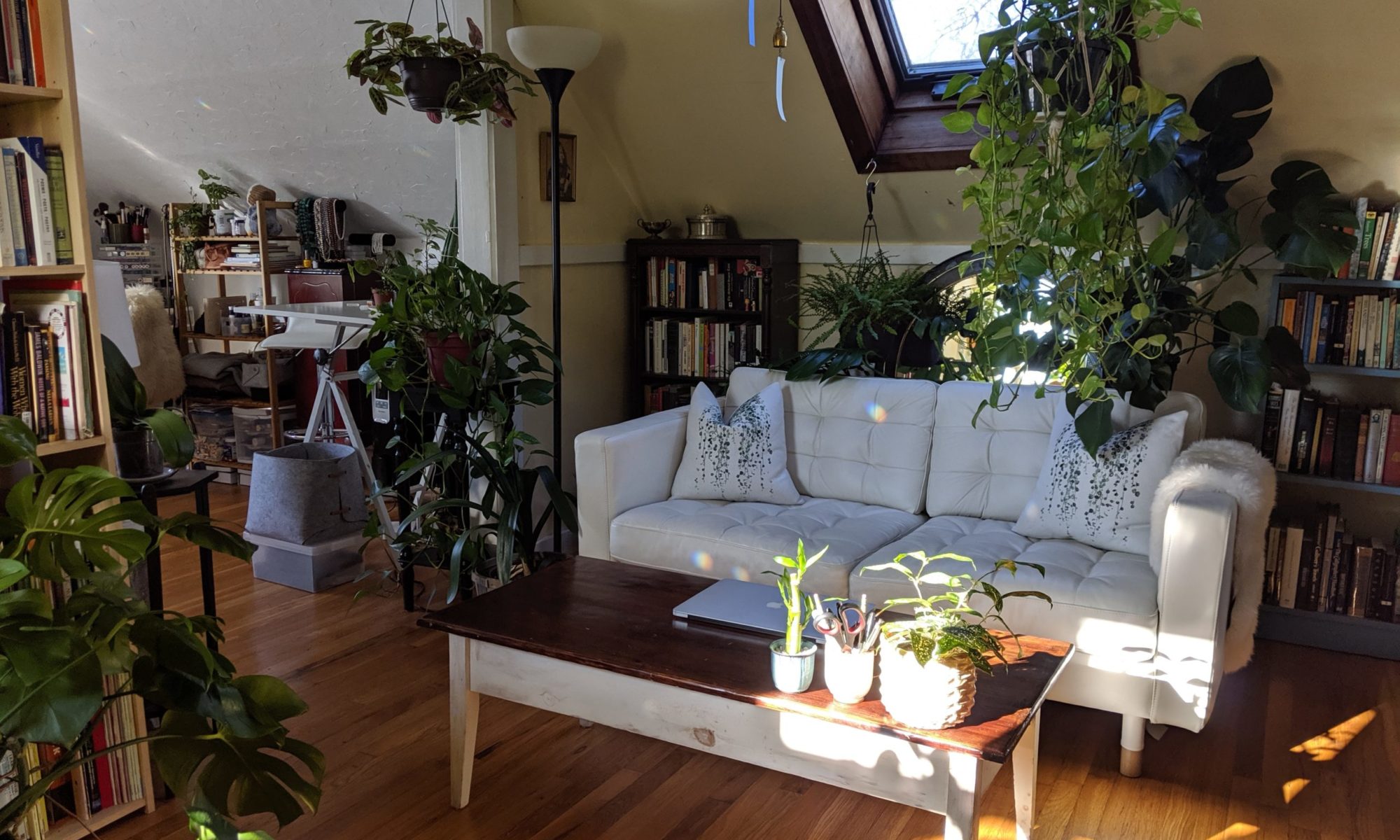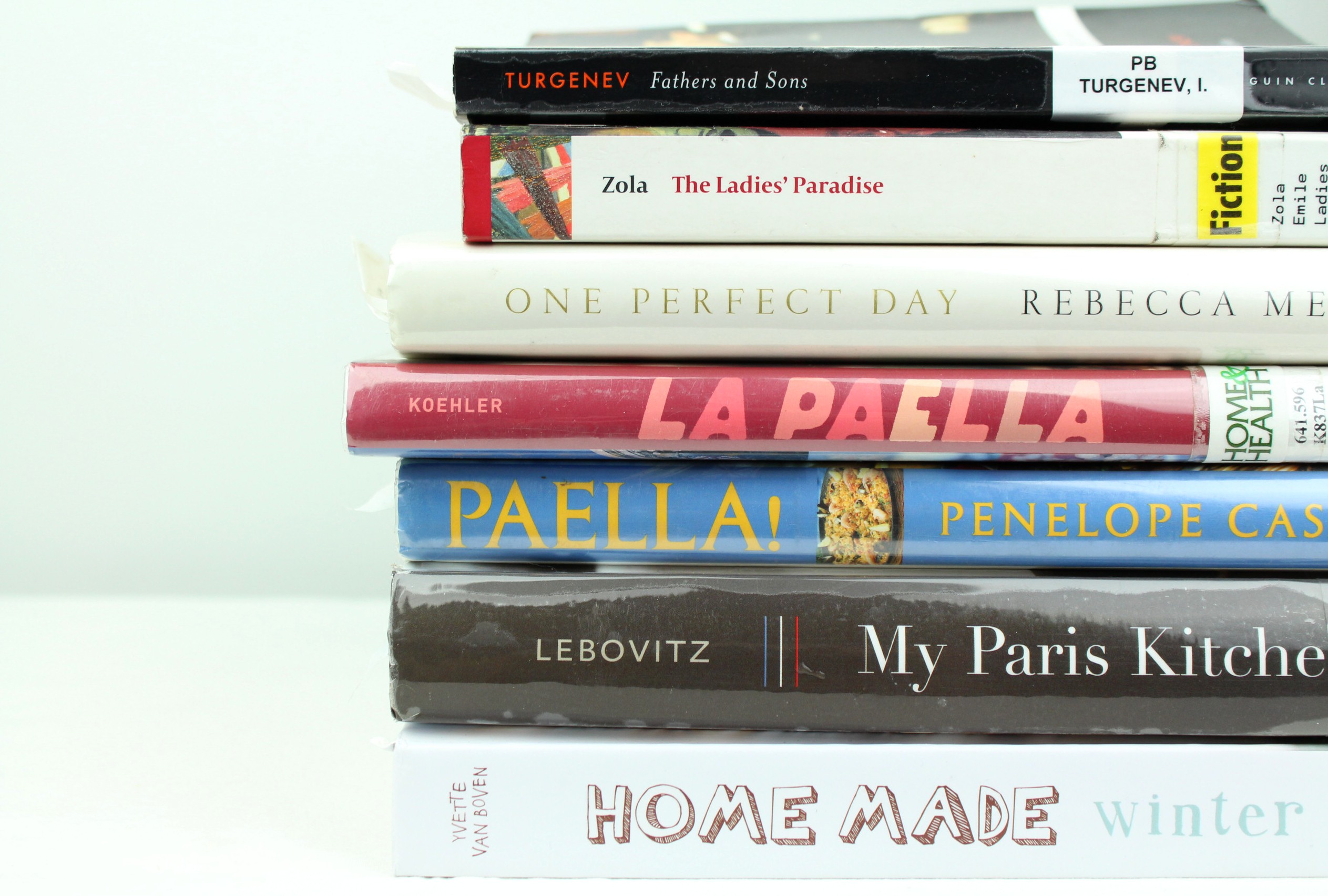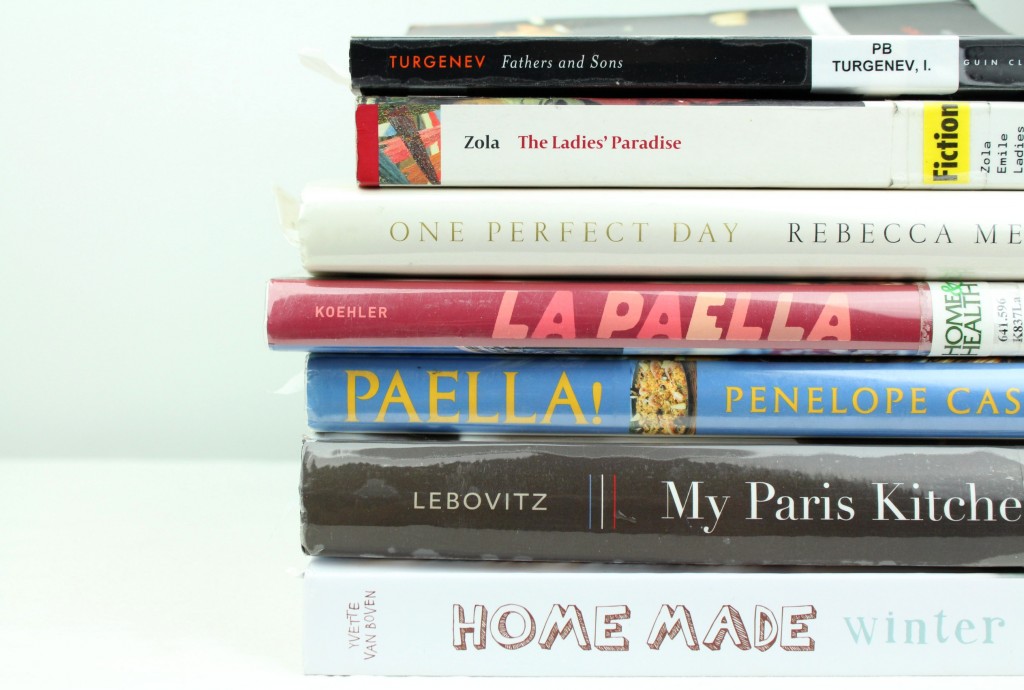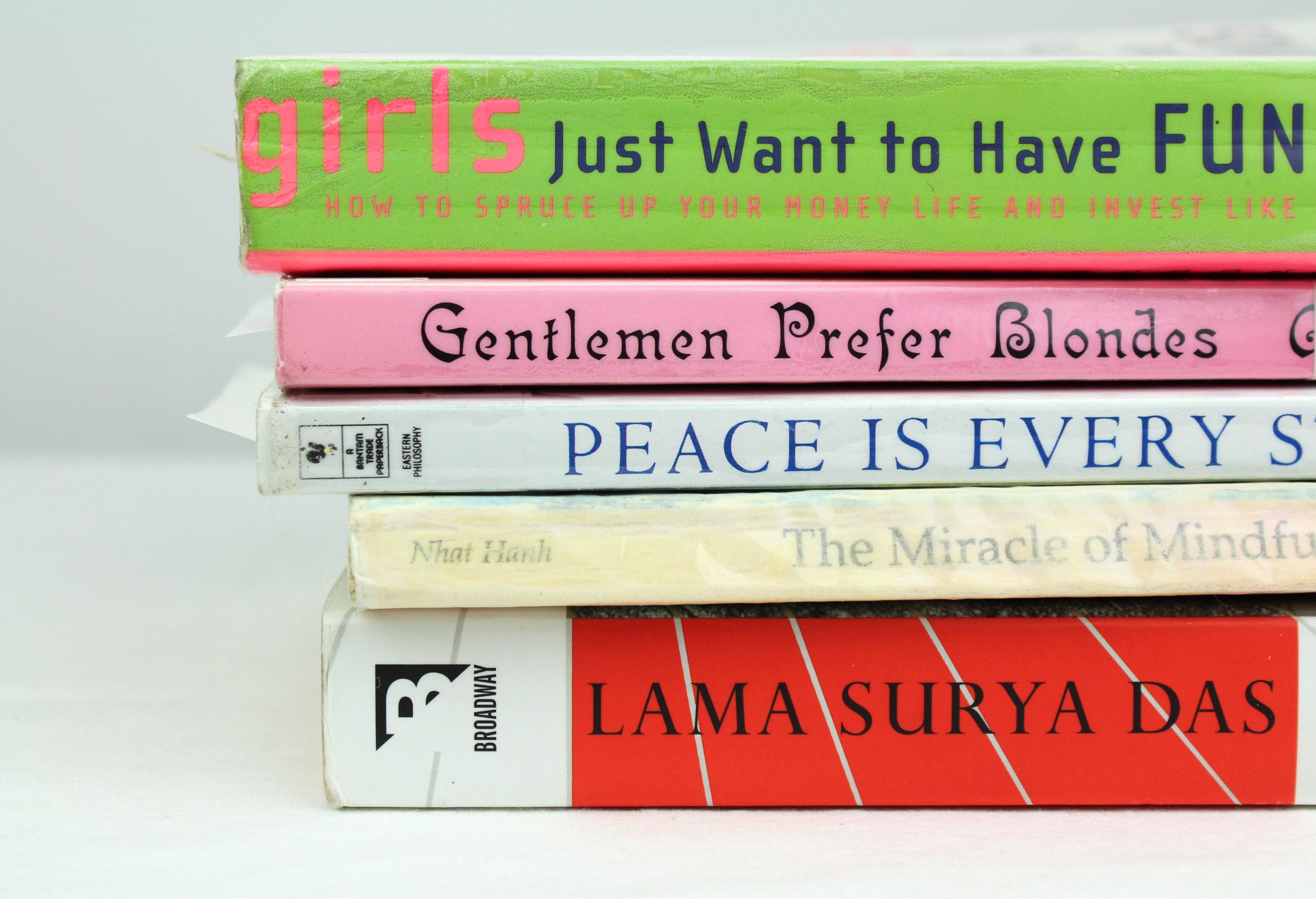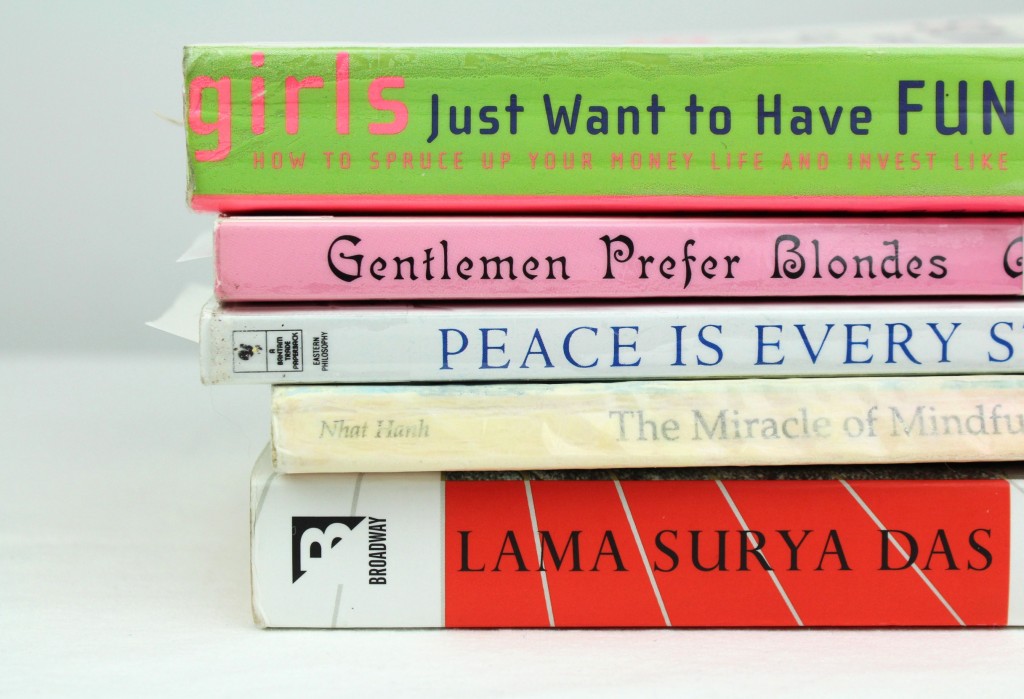Fathers and Sons, Ivan Turgenev — Turgenev has a sensitivity and a clarity that makes reading him feel healthy for your mind.
The Ladies’ Paradise, Emile Zola — The novel on which the recent Masterpiece number The Paradise is loosely, rather cartoonishly based, the novel being a good deal darker and harsher. Often lovely and often sad, unafraid of sympathy or sentimentality in a bold, masterful way that makes you, the modern reader (usually so scornful of sentimentality in our jaded superiority), ready to embrace it, too. Somehow I’ve read it before Zola’s more famous Germinal, which I’ve wanted to read for a lot longer. How decisions of what to read are made are a matter of endless interest to me.
One Perfect Day: The Selling of the American Wedding, Rebecca Mead — This book reads like an engaging, well-researched magazine article that just happens to be kind of long. Mead (a staff writer for The New Yorker) gives a thoughtful breakdown of the wedding industry from the dress factories in China to independent bridal shops, small town churches, and Vegas chapels, underscoring how blatantly commercial and inherently manipulative the industry is, and how rife with paradoxes. That weddings are becoming bigger and more expensive in concert with the divorce rate (interesting for a bunch reasons). The dream that wedding industry advertising is selling promises more and more (expanding to fit the growing consumer appetites and the cultural call for individuality), subtly conflating wedding with marriage (the better the wedding, the better the marriage, is the implication), and the consumable peripherals are multiplying as fast as vendors can dream them up, each bolstered by as much pseudo/faux-tradition as will stick to them. The Bride is one of the most desirable consumers, eagerly wooed by all industry sectors – a cash cow to be milked to the max.
This is good writing, with a mix of interesting and funny details chosen and the reflection to make it appealing for a wide audience. Picked it up at the library on a whim along with another of Mead’s titles about Middlemarch, a favorite of mine.
La Paella, Jeff Koehler
Paella!, Penelope Casa — Such a versatile, appealing dish. I love to learn culinary concepts like this; a set of basic principles which, once established, may be approached with an endless variety of ingredients. I’m determined to be a competent maker of paella, whatever the style. I got a pan.*
*A very simple, inexpensive pan with a thin bottom, the style preferred by seasoned paella chefs for its quick response to changes in temperature.
My Paris Kitchen, David Lebovitz — I like browsing this species of cookbook, part recipe compilation, part food memoir/food philosophy, part cultural translation. This has a nice blend of traditional French dishes and the ‘quirky personal dishes loosely based on a classic’ that are the natural by-product of a good, creative cook living their life. I don’t necessarily read such books in order to make the recipes, but to be inspired by various innovative or promising-sounding combinations.
Homemade Winter, Yvette Van Boven — A straight cookbook with a great rustic, homey aesthetic, featuring a lot of my favorite ingredients (cinnamon, clove, ginger…). Much more likely to try a recipe verbatim from this kind of cookbook (and likely to skim or skip whatever prose there may be, only casting an eye over the recipe ingredients). I’m a little late mentioning this, I was browsing it all winter. I think about elaborate cooking a lot more than I actually engage in it these days (I work so many hours, reader!), and I bake still less. I’ve been thinking about making a loaf of bread for 14 months at least. It’s time to confront my excuses.
